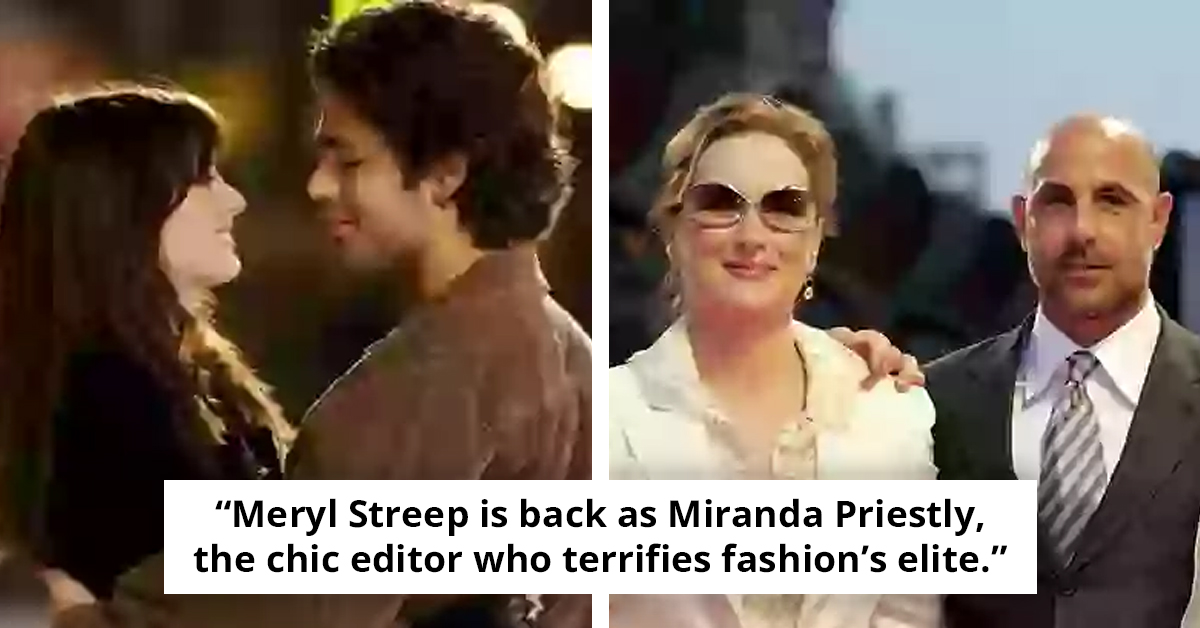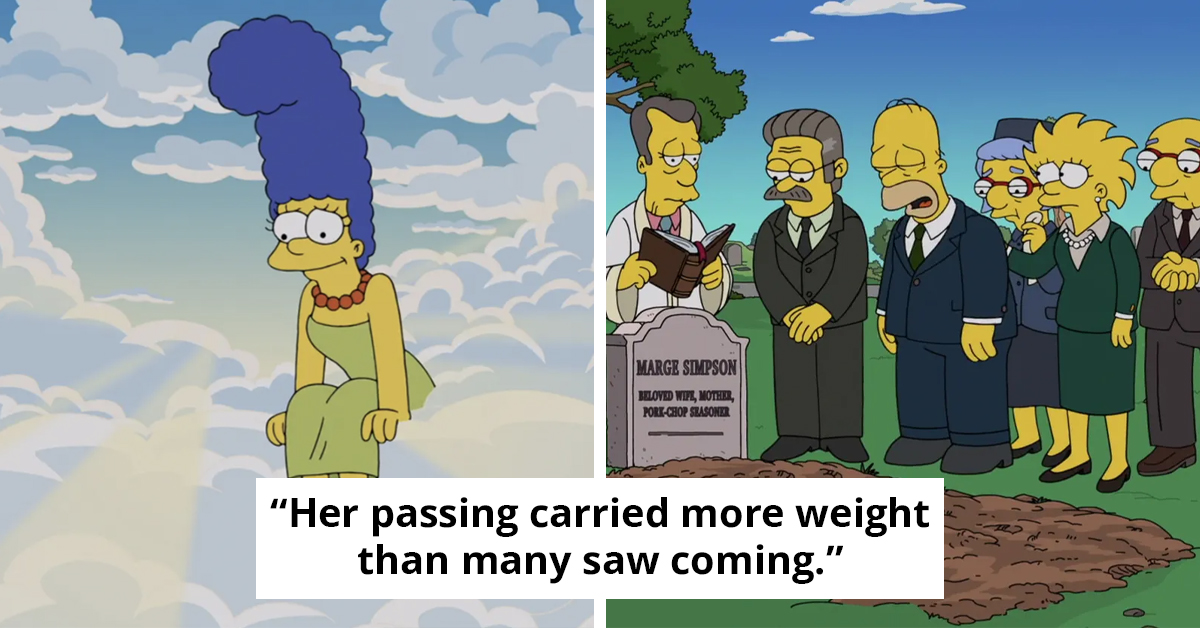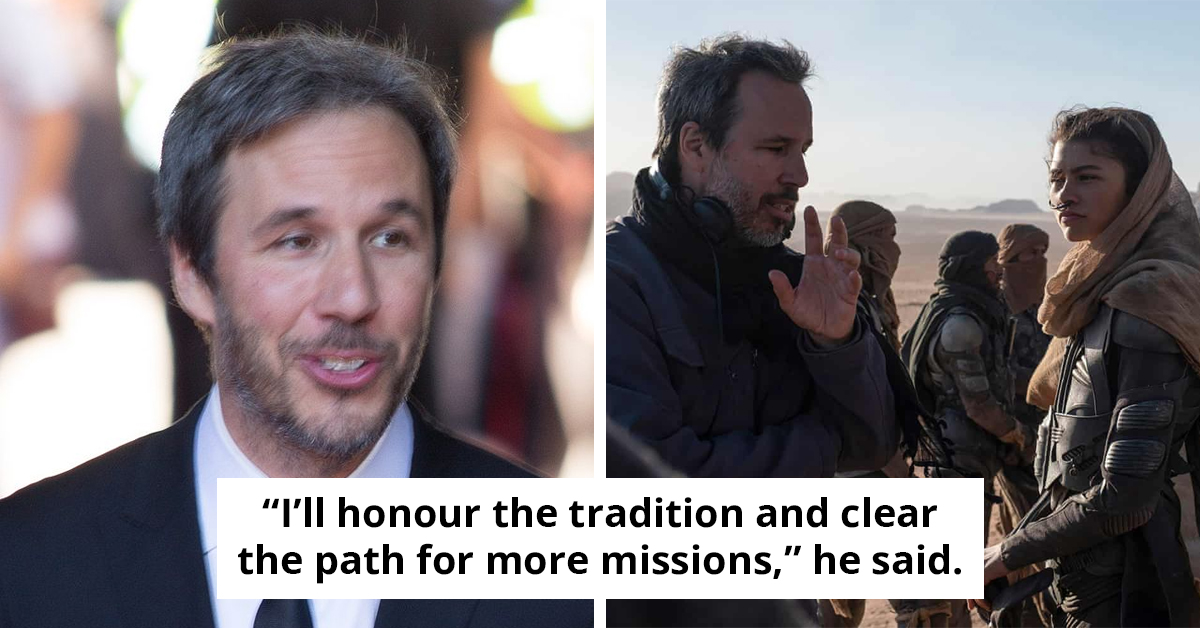Matlock And Other Long Shots The Emmys Shouldn’t Ignore
Now that voting has closed for this year’s Emmy nominations, it’s time for the speculation, the predictions, and the long-shot wish lists. While plenty of attention goes to the same usual suspects - big-budget dramas, glossy streaming hits, and limited series with all-star casts - there’s always room for a few surprises.
You know the kind: the quiet, well-crafted shows that sneak up on you and suddenly feel like the most deserving contender in the mix. This year, Matlock is shaping up to be one of those.
Wait — Matlock? Yes. The classic courtroom drama is back, and it’s not just riding on nostalgia. This reboot has teeth. It’s clever, timely, and anchored by a powerhouse lead performance that deserves serious awards consideration.
Kathy Bates stars as Madeline Matlock, a modern version of the original character famously played by Andy Griffith. But she’s not just doing an impression - Bates has completely made the role her own.
She plays Matlock as sharp, witty, and unapologetically direct, with just enough warmth to keep her human. Whether she’s dissecting a shaky alibi or taking down a corrupt executive, Bates makes every scene count.
She’s doing real work here - not coasting, not phoning it in. And yet, despite how good she is, shows like Matlock often get overlooked during awards season.
Why? Because it’s a procedural. Because it’s on CBS. Because, in the eyes of some voters, it’s not edgy or experimental enough.
In 2025, Matlock proves that smart procedurals can rival prestige dramas in depth and staying power.
That bias against network procedurals isn’t new. Emmy voters have long shown a preference for streaming content and prestige dramas with moody lighting and ambiguous endings.
But it’s an outdated way of thinking - especially in 2025, when shows like Poker Face and The Residence have already proven that procedural formats can carry complex storytelling and layered performances.
Matlock fits that mold, too. It takes the structure of a case-of-the-week drama and uses it to tackle deeper issues. Corporate cover-ups. Institutional injustice. Personal loss. It’s all there, just wrapped in a format that’s efficient and effective, not flashy for the sake of it.
And unlike some high-concept shows that burn bright and fade fast, Matlock feels built to last.

Bates is no stranger to accolades. She’s won her fair share of awards, and rightly so. But this role is different. It’s not just about delivering powerful monologues or shedding a few well-timed tears. It’s about control, presence, and timing, all of which she nails.
She makes courtroom dialogue feel gripping. She gives small gestures weight. And she carries the show without ever overshadowing it. If Emmy voters truly value consistency, nuance, and craft, Bates should be a lock for a nomination.
This isn’t just about one actress, though. It’s about what her nomination would signal: that the Emmys are willing to reward performances wherever they happen, not just on the “right” platforms.
Kathy Bates leads the cast of the 2024 Matlock, starring alongside Jason Ritter, Leah Lewis, David Del Rio, and Skye P. Marshall.
Beyond Bates, Matlock is backed by a capable supporting cast and a rotation of guest stars who keep each episode fresh. It’s a similar setup to Elsbeth, another CBS procedural that’s been getting Emmy buzz, and not without reason.
Both shows lean on charismatic leads, strong ensemble chemistry, and tight storytelling. They also share something else: they challenge the idea that network television can’t be smart, stylish, or award-worthy.
Matlock isn’t trying to reinvent television. It’s just trying to do what good shows have always done: tell compelling stories with characters you care about. And it does that well.

As Emmy nominations draw closer, there’s always hope that voters will make a few bold picks. That they’ll look past the hype and give some love to the shows that might not be trendy but are undeniably good.
Matlock fits that bill. It’s not a viral hit. It’s not dominating think pieces. But it’s sharp, grounded, and genuinely enjoyable, and sometimes, that’s exactly what great TV looks like.
So here’s hoping the Emmys throw a curveball. Let the courtroom drama get its day in court. Let Kathy Bates take the stage. Let a network procedural remind everyone that prestige doesn’t have to mean pretentious, it just has to be good.




